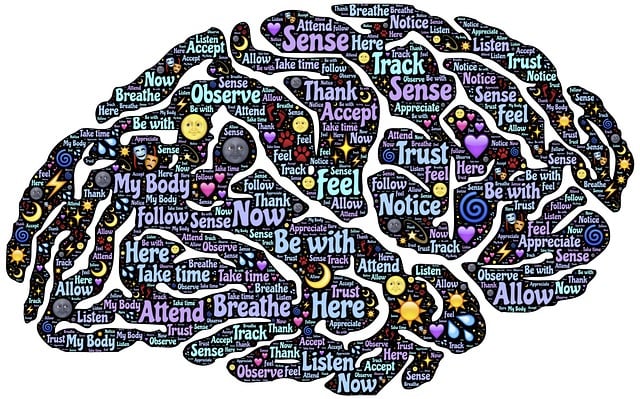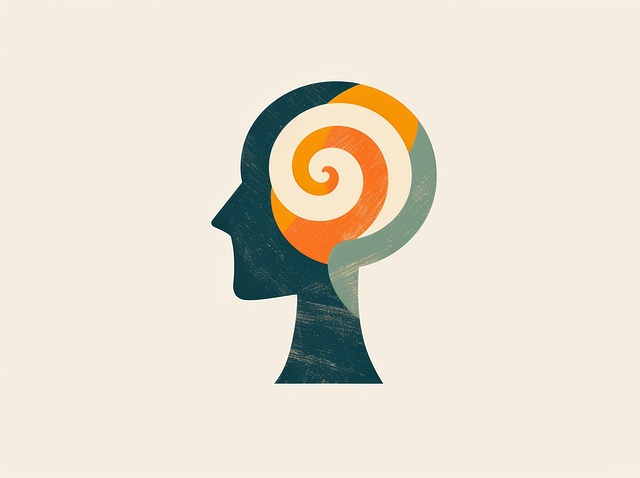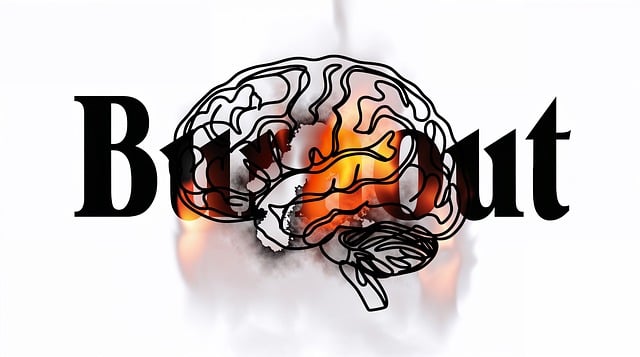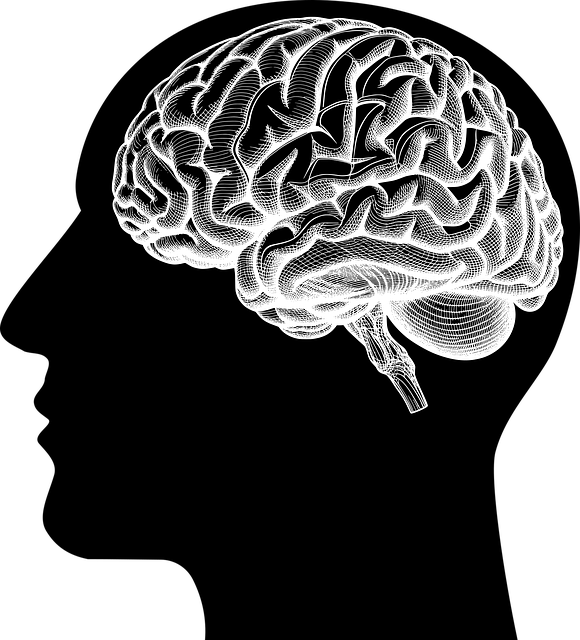In Castle Rock blended families, the stigma around mental illness creates barriers to necessary support through Castle Rock Blended Families Therapy. Societal perceptions lead to hidden struggles, isolation, and hindered progress in treatment. Efforts to reduce stigma include education campaigns, sharing personal narratives, integrating emotional healing into therapy practices, and promoting open communication. These strategies foster understanding, acceptance, and access to evidence-based therapy, ultimately reducing stigma and promoting well-being within these families. Castle Rock Blended Families Therapy offers targeted interventions, empathy-building, and collaborative family involvement to challenge outdated beliefs and create a supportive environment for mental health conversations.
Mental illness stigma remains a significant barrier to treatment and recovery, especially within families. This article explores efforts to reduce this pervasive issue, focusing on the unique challenges faced by Castle Rock blended families. We delve into understanding the impact of stigma, present comprehensive strategies for reduction, and highlight the transformative power of therapy through case studies specific to Castle Rock Blended Families Therapy. By examining these aspects, we aim to foster empathy, dispel myths, and promote supportive environments for mental health.
- Understanding Stigma: Its Impact on Mental Health and Castle Rock Blended Families
- Strategies for Reducing Stigma: A Comprehensive Approach
- The Role of Therapy in Disrupting Stigma: Case Studies from Castle Rock Blended Families Therapy
Understanding Stigma: Its Impact on Mental Health and Castle Rock Blended Families

Stigma surrounding mental illness can have profound effects on individuals and families alike, particularly in Castle Rock blended families where complex dynamics exist. The weight of societal perceptions often leads to hidden struggles, isolating those affected from seeking necessary support. This phenomenon is deeply concerning as it hinders progress in mental health treatment and perpetuates a cycle of silence.
In Castle Rock blended families, where emotional connections are intricate, stigma can further complicate the already delicate balance of therapy and healing. Emotional Intelligence, a crucial aspect of mental well-being, may be challenged when family members grapple with internalized shame or fear of judgment. This barrier can impede open communication, hindering the Risk Assessment for Mental Health Professionals to accurately gauge and address needs within these families. Through Mental Illness Stigma Reduction Efforts, however, there’s a growing awareness and a path towards fostering understanding, acceptance, and access to evidence-based Castle Rock blended families therapy.
Strategies for Reducing Stigma: A Comprehensive Approach

Stigma reduction efforts around mental illness require a multifaceted approach that addresses societal perceptions and empowers individuals to seek support. One effective strategy involves education and awareness campaigns that dispel myths and promote understanding. By sharing personal narratives, especially within communities like Castle Rock blended families, people can humanize their experiences and foster empathy. This reduces the ‘othering’ of those with mental health challenges and encourages a sense of shared humanity.
Additionally, integrating emotional healing processes into therapy practices, alongside risk management planning for mental health professionals, is crucial. Teaching conflict resolution techniques can further mitigate stigma by equipping individuals with tools to navigate challenging conversations surrounding mental health openly and respectfully. These combined efforts can significantly contribute to a more supportive and inclusive societal environment for those dealing with mental illness.
The Role of Therapy in Disrupting Stigma: Case Studies from Castle Rock Blended Families Therapy

Castle Rock Blended Families Therapy has demonstrated the power of targeted interventions to disrupt mental illness stigma within families. Through their innovative approach, therapists facilitate open dialogue and build empathy-building strategies that challenge preconceived notions. By engaging both parents and children in therapeutic processes, the program promotes active participation in coping skills development and the adoption of self-care practices. These collaborative efforts not only strengthen family bonds but also create a supportive environment where mental health conversations thrive, ultimately reducing the impact of stigma.
Mental illness stigma, particularly within Castle Rock blended families, significantly impacts overall mental health. By understanding its harmful effects and employing comprehensive strategies that include therapy tailored for these unique family structures, such as Castle Rock Blended Families Therapy, we can disrupt damaging stereotypes. These efforts are crucial in fostering open conversations, promoting empathy, and ultimately reducing the stigma surrounding mental illness within these families and communities at large.














